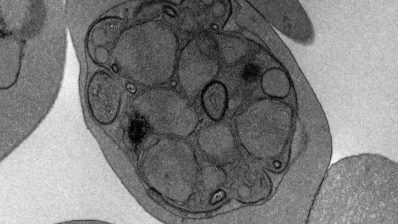A recent study by the Barcelona Institute of Global Health (ISGlobal) has found that exposure to noise, traffic and pollution in urban environments is associated with an increased risk of childhood obesity, which translates into values of higher BMI and weight-related behaviors.
The study, funded by the La Marató de TV3 Foundation, analyzed the data of 2,213 children aged between 9 and 12 in Sabadell (Barcelona) and evaluated them, for the first time, taking into account their exposure to multiple simultaneous environmental factors (known as ‘exposome’): ambient air pollution, green spaces, built environment, density of unhealthy food establishments, road traffic, and road traffic noise. Specifically, the study analyzed which of these factors children were exposed to between October 2017 and January 2019.
“Higher levels of air, traffic and noise pollution were associated with higher BMIs and more likely to make the child overweight or obese”
Jeroen de Bont (ISGlobal), first author of the study
Although the mechanisms that cause the association are unknown, researchers are already considering several hypotheses, which will be tested in future studies. A caveat of the study is “the effect of socioeconomic status, which is known to play an important yet not entirely clear role in this association”, notes Martine Vrijheid, leader of this study and other previous studies in the same direction.
Jeroen de Bont et al. Urban environment and obesity and weight-related behaviours in primary school children. Environment International. Volume 155, 2021.






